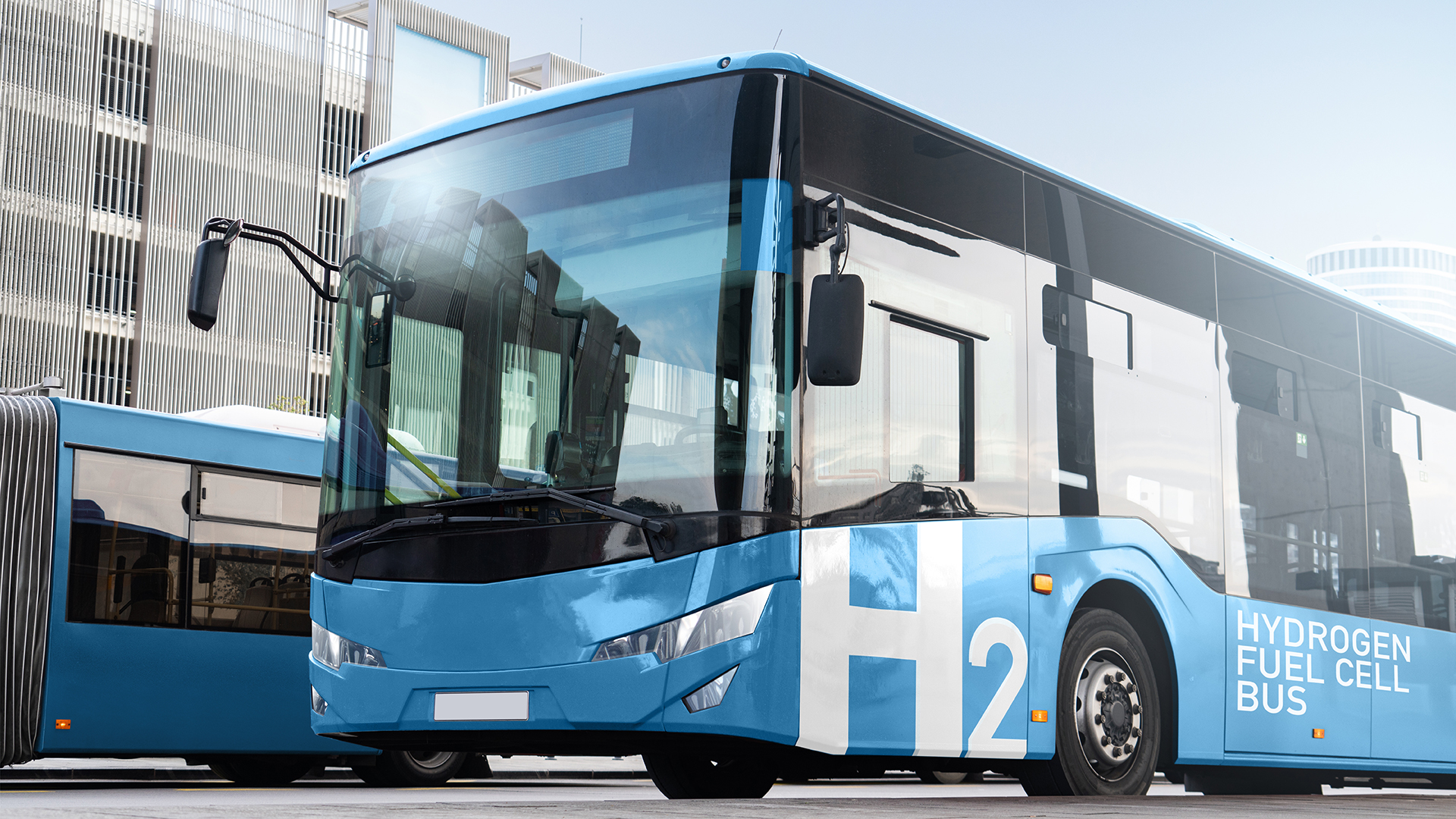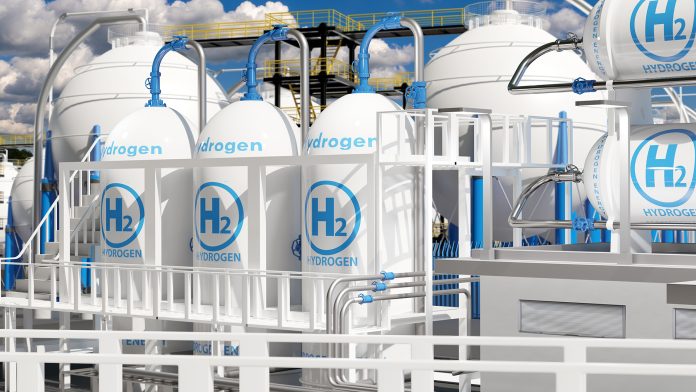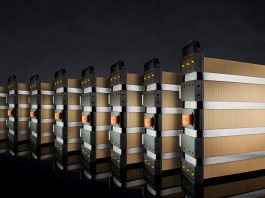The European Commission has announced the approval of €1.4bn State aid to advance the European hydrogen value chain.
The funding is delivered via a fourth Important Project of Common European Interest (IPCEI) and will support research and innovation to work towards industrial deployment of the hydrogen value chain.
The project, known as IPCEI Hy2Move, was prepared and notified by seven Member States, which include Estonia, France, Germany, Italy, Netherlands, Slovakia and Spain.
Investing in Europe’s hydrogen infrastructure will contribute to the EU’s 90% emissions reduction target by decarbonising mobility and transport sectors.
Margrethe Vestager, Executive Vice-President in charge of competition policy, commented: “Hydrogen can support us to move around and transport goods with zero emissions.
“However, investing in hydrogen-powered mobility and transport technologies can be risky for one Member State or one company alone. This is where State aid rules for IPCEI have a role to play.
“The IPCEI Hy2Move is an example of truly ambitious European cooperation for a key common objective. It also shows how competition policy works hand in hand with breakthrough innovation.”
IPCEI Hy2Move structure
Under IPCEI Hy2Move, the seven Member States will inject €1.4bn of public funding, which is expected to generate an additional €3.3bn in private investments.
The funding will support 11 companies with activities in one or more Member States, including start-ups and small and medium-sized enterprises (SMEs), who will run 13 projects.
The participating companies will work together and in partnership with Breuer Technical Development, a Belgian SME.
They will also engage with over 200 indirect partners, which include universities, research institutions, and other SMEs throughout Europe.
Advancing Europe’s hydrogen value chain
IPCEI Hy2Move will cover a wide range of the hydrogen technology value chain by supporting the development of several technological innovations.
These include the integration of hydrogen technologies in various transport means, such as road, maritime, and aviation. This involves creating fuel cell vehicle platforms for buses and trucks.

Additionally, the project focuses on developing high-performance fuel cell technologies that use hydrogen to generate electricity with enough power to move ships and locomotives.
It also aims to develop next-generation onboard hydrogen storage solutions, particularly lightweight and robust tanks for aircraft, to ensure safety and efficiency during flights.
Furthermore, IPCEI Hy2Move will advance technologies for producing hydrogen specifically for mobility and transport applications, ensuring on-site hydrogen refuelling stations can be supplied with pressurised, 99.99% pure, fuel-cell-grade hydrogen.
The overall IPCEI is expected to be completed by 2031, creating around 3,600 direct jobs and many more indirect opportunities.









